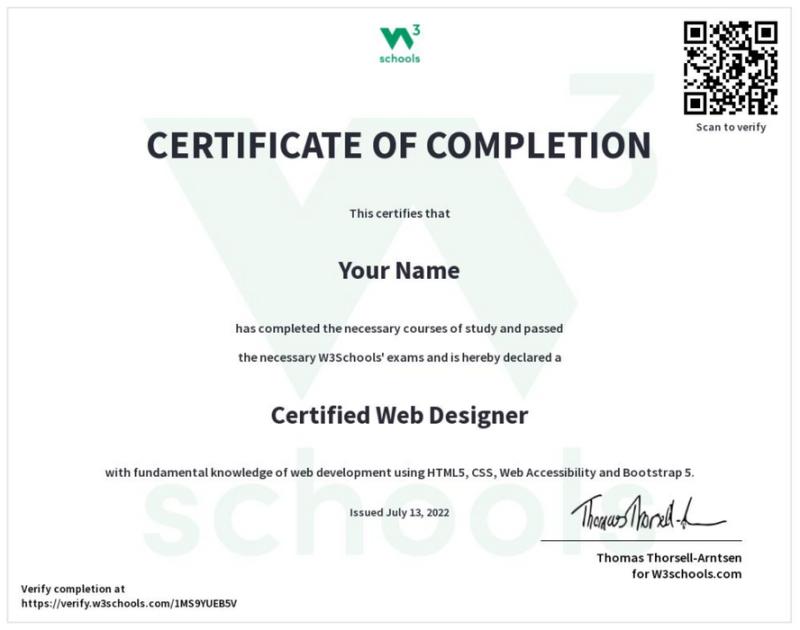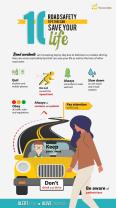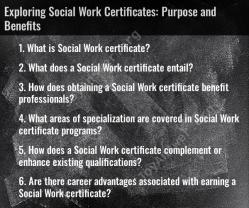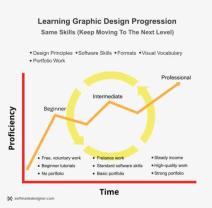What is a certificate in web design?
A certificate in web design is a formal recognition of an individual's completion of a specific set of courses or training in the field of web design. This type of certificate program is typically shorter in duration compared to a degree program and focuses specifically on providing practical skills and knowledge related to web design.
Purpose:The purpose of a certificate in web design is to equip individuals with the essential skills and knowledge needed to create visually appealing and functional websites. These programs are designed to be practical and hands-on, allowing students to develop a portfolio of work that demonstrates their proficiency in web design.
Certificate programs in web design may cover a range of topics, including:
HTML and CSS: The fundamental languages used for structuring and styling web pages.
Web Development Tools: Training in the use of popular web design tools and software, such as Adobe Creative Suite (e.g., Photoshop, Illustrator) or other design and development platforms.
Responsive Design: Techniques for designing websites that work seamlessly across various devices and screen sizes.
User Interface (UI) and User Experience (UX) Design: Principles and best practices for creating user-friendly and aesthetically pleasing interfaces.
JavaScript: Basics of JavaScript for adding interactivity and dynamic elements to websites.
Portfolio Development: Guidance on creating a portfolio showcasing the individual's web design projects.
Benefits:
Quick Entry into the Field: Certificate programs in web design are often shorter and more focused than degree programs, allowing individuals to quickly acquire the skills needed to enter the workforce.
Practical Skills: These programs are designed to provide hands-on, practical skills that are directly applicable to real-world web design projects.
Portfolio Development: Certificate programs often include the creation of a portfolio, which serves as a tangible showcase of the individual's skills and can be valuable when seeking employment.
Career Enhancement: For individuals already working in related fields, a web design certificate can enhance their skill set and make them more competitive in the job market.
Flexible Learning: Many certificate programs are offered online or in flexible formats, making them accessible to individuals with various schedules and commitments.
Cost-Effective: Certificate programs are generally more affordable than degree programs, making them a cost-effective option for those looking to acquire specific skills in web design.
It's important to note that while a certificate in web design can provide valuable skills and enhance one's employability, the level of depth and specialization may not be as extensive as a full degree program in web design or a related field. Individuals considering a certificate program should carefully review the curriculum and ensure that it aligns with their specific career goals and aspirations.
What skills and knowledge does a certificate in web design encompass?
The specific skills and knowledge covered in a web design certificate program can vary depending on the issuing institution and program focus. However, here's a general overview of what you can expect to learn:
Technical Skills:
- Front-end development languages: You'll gain a solid understanding of HTML, CSS, and JavaScript. HTML provides the website's structure, CSS controls its style and layout, and JavaScript adds interactivity.
- UI/UX design principles: Learn about user interface (UI) and user experience (UX) design principles. Grasp elements like usability, accessibility, information architecture, and visual hierarchy to create user-friendly and intuitive websites.
- Responsive design: Websites need to adapt to various screen sizes and devices. You'll learn techniques to ensure your creations look and function well on desktops, mobiles, and tablets.
- Content management systems (CMS): Knowing popular CMS like WordPress or Drupal is often included. Understanding how to edit and maintain websites empowers you to deliver complete solutions to clients.
Creative Skills:
- Visual design: Develop your skills in typography, color theory, layout, and composition to create visually appealing and engaging websites.
- Creative thinking: Come up with original and innovative design solutions that meet user needs and client objectives. Brainstorming, sketching, and prototyping are vital tools.
- Branding and communication: Understand how web design fits into the overall branding of a company or product. Design should communicate the brand's message effectively.
Soft Skills:
- Communication and collaboration: Web designers work with clients, developers, and other stakeholders. Excellent communication skills help ensure smooth collaboration and efficient project completion.
- Problem-solving: Websites often encounter technical glitches or usability issues. You'll hone your problem-solving skills to find creative solutions and troubleshoot effectively.
- Time management and project management: Learn how to organize your workflow and meet deadlines consistently. Mastering project management tools can be invaluable.
- Learning agility: The web design field is constantly evolving. Embracing lifelong learning and staying updated on new technologies and design trends is crucial.
Additional Knowledge:
- Web design history and theory: Some programs may delve into the history of web design, design principles, and major trends.
- Search engine optimization (SEO): Understanding basic SEO principles can help ensure your websites rank well in search results.
- Web accessibility: Learn how to create websites that are accessible to everyone, regardless of ability.
Remember, certificates alone may not be enough to land a job. Combining your certificate with a portfolio of personal projects, internships, and freelance work will showcase your skills and experience to potential employers.
I hope this provides a comprehensive overview of the skills and knowledge you can expect to gain from a web design certificate program. If you have any further questions about specific programs or institutions, feel free to ask!










